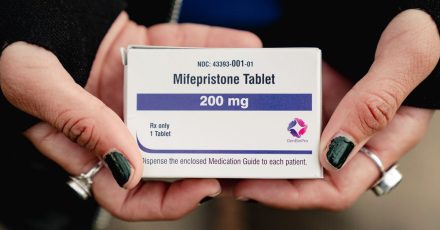Researchers report that using melatonin supplements for more than a year may be linked to a higher risk of heart failure, increased hospitalizations for heart failure, and greater all-cause mortality among people with insomnia. The findings were presented at the American Heart Association’s Scientific Sessions 2025 but have not yet been published in a peer-reviewed journal.
The team analyzed electronic health records from the TriNetX Global Research Network over five years, examining more than 130,000 adults (average age 55; >60% women) with insomnia. They divided participants into two groups: roughly 65,000 who used melatonin for at least one year and about 65,000 who had no record of melatonin use. None had prior heart failure or prescriptions for other sleep medications.
Compared with people who didn’t use melatonin, long-term melatonin users had:
– a 90% higher risk of developing heart failure over five years,
– about 3.5 times the likelihood of being hospitalized for heart failure,
– nearly double the risk of dying from any cause.
The study authors and outside experts emphasized that these results show an association, not proof that melatonin causes heart problems. Possible explanations include underlying health differences in people taking melatonin (for example, more severe or chronic insomnia, which itself is a cardiovascular risk) or other unmeasured factors. Melatonin was developed for short-term use, and long-term users may need further evaluation by sleep specialists.
Investigators noted safety concerns because many melatonin products are sold over the counter without regulation or medical supervision. If confirmed by further research, the findings could influence how clinicians advise patients about sleep aids.
Experts also stressed the health benefits of adequate sleep, which is part of the American Heart Association’s “Life’s Essential 8.” Good sleep supports immune function, healthy weight, metabolism, cognition, and cardiovascular health. Chronic poor sleep increases risks for high blood pressure, stroke, heart attack, and other conditions.
Nonmedication strategies to improve sleep include:
– getting bright daytime light,
– reducing evening blue light and screen time,
– avoiding late caffeine, alcohol, and heavy meals,
– exercising during the day (not late at night),
– keeping a regular sleep schedule,
– making the bedroom dark, cool, and quiet,
– ensuring a comfortable mattress and pillow.
Clinicians advise that people who need melatonin for more than a short period consult a healthcare or sleep specialist to identify underlying causes and consider alternatives.




